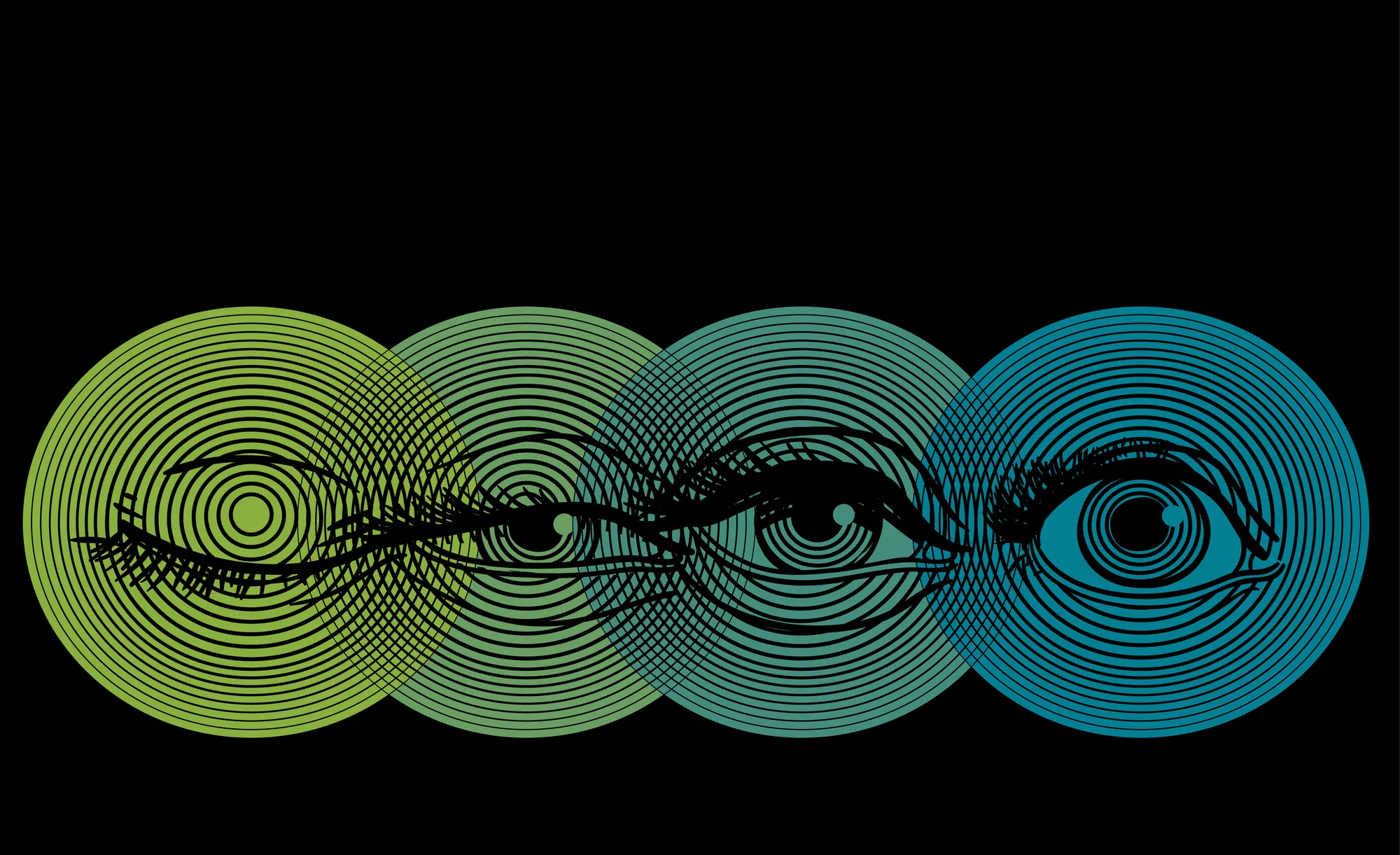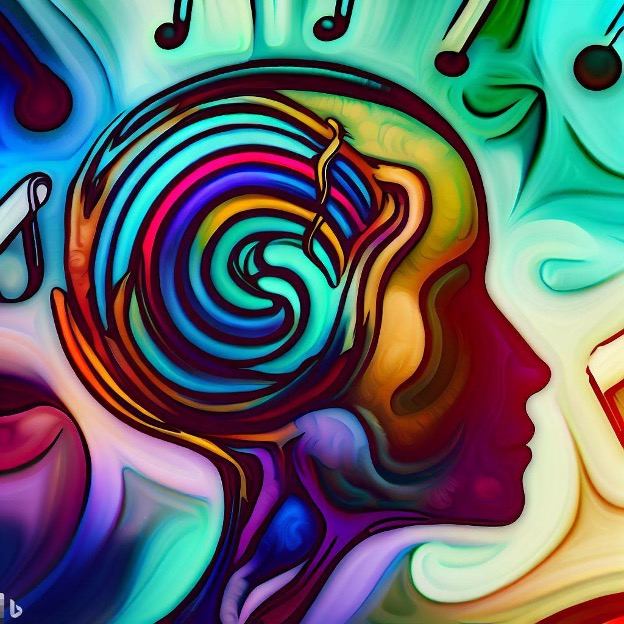It’s not uncommon to experience anxiety. The Anxiety and Depression Association of America reports that 6.8 million adults in the US are affected by generalized anxiety disorder (GAD). Additionally, a recent CNBC report highlights a 25% increase in the sales of books related to anxiety at Barnes & Noble between 2017 and 2018. These statistics show that you are not alone and that there are solutions available. Today, we will explore the use of ketamine as a treatment option for anxiety, particularly when other methods have proven ineffective.
What is Ketamine?
Ketamine was first introduced as an anesthetic medication in the 1960s and was utilized on the battlefields of the Vietnam War. Over time, it was adopted by hospitals for pain management in lower doses. In some cases, ketamine has been found to enhance the effectiveness of sedatives and reduce the need for painkillers after surgery.
The Yale School of Medicine highlights that there is growing evidence that ketamine works by inducing a sudden increase in glutamate neurotransmission in the brain. This is believed to be responsible for its antidepressant effects, as well as some of its side effects. Ketamine is thought to be so powerful in treating depression because of its unique mechanism of action. Rather than causing temporary changes to neurotransmitter supply, ketamine allows your brain to actually regrow lost neural connections, which leads to lasting change in brain activity.
What the Science Says
A three-month study was conducted with patients who had treatment-resistant anxiety and were given weekly doses of ketamine. Paul Glue, M.D., a medical sciences professor at the University of Otago’s School of Medical Sciences in New Zealand and a participant in the study, reports that the ketamine treatment was safe and well-tolerated, and most patients experienced a significant improvement in their work and social functioning.
Multiple studies conducted by James Murrough, the director of the Mood and Anxiety Disorders Program and an Associate Professor of Psychiatry and Neuroscience at the Icahn School of Medicine, have shown the rapid antidepressant effects of ketamine. According to Murrough, these results may represent a major medical breakthrough for patients with severe, chronic, and treatment-resistant forms of depression.
Recently, Naji C. Salloum, M.D. of the Department of Psychiatry at Massachusetts General Hospital and Harvard Medical School conducted a secondary analysis of data from a randomized, active placebo-controlled trial of intravenous ketamine. The study participants were patients with unipolar treatment-resistant depression. The results were positive, showing a favorable response to ketamine treatment. The findings also suggest that ketamine may have potential as a treatment for various forms of depression. According to Salloum and his team, “Our data suggests that patients with anxious depression respond just as well to ketamine as those with non-anxious depression, unlike the results reported for monoaminergic antidepressants.
An intriguing study was conducted to investigate the impact of ketamine on anxiety patients and its effect on brain waves. The study involved twelve patients who were given three different dose levels of ketamine on a weekly basis. Their brain activity was monitored using an EEG, and changes in brainwave patterns were observed. The researchers noted a decrease in theta brainwaves, which are associated with relaxation. After the study, the participants were asked to fill out a questionnaire about their fear, and eight out of the twelve reported a reduction in their anxiety symptoms. The results of the study suggest that ketamine may be a promising solution for those who suffer from anxiety.
There have also been clinical trials examining the effects of ketamine on a number of other disorders, such as PTSD and OCD. More research is needed to have conclusive evidence, but the results so far are promising.
Prescriptions May Not Come Soon
According to a seasoned psychiatrist who spoke with Zoë Biehl of Psymposia, the use of ketamine for depression is under close scrutiny and being extensively studied. The protocols emphasize the importance of screening out individuals with a history of substance abuse as there are concerns that such patients may have a higher likelihood of developing addictive responses to the medication at low doses.
Ketamine is not available as a prescription medication and must be administered in a clinic on an outpatient basis. Patients typically receive it intravenously or through the new esketamine nasal spray, but in either case, it is closely supervised. The treatment plan, dosing, and monitoring are all closely monitored throughout the patient’s treatment.
At Bespoke Treatment, we build personalized treatment plans for our patients that can include ketamine as an alternative treatment option. If you’re interested in finding out if ketamine may be right for you, contact us today.


























